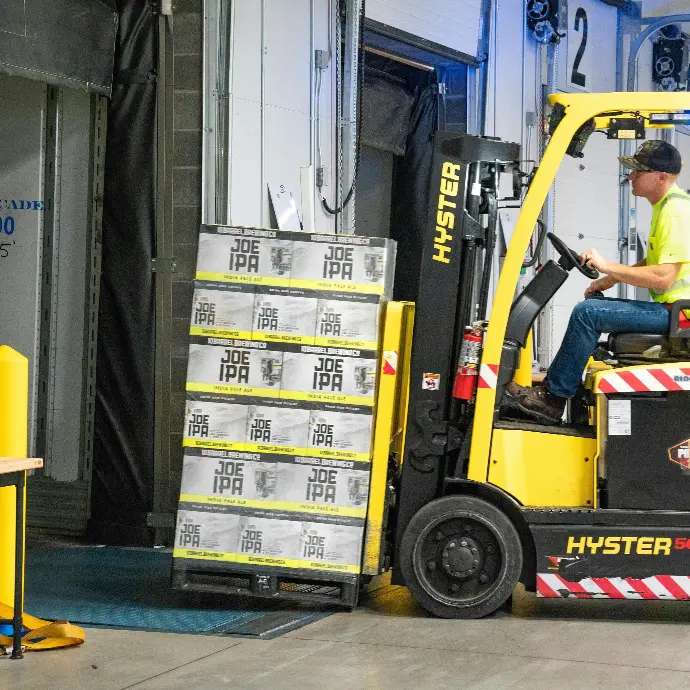E.L.I. Enterprise Resource Planning (E.R.P.)
ERP (Enterprise Resource Planning) is an integrated software solution that centralizes and streamlines a business's core processes—such as finance, HR, supply chain, and inventory—into a unified system for efficient resource management.
WHY USE ERP?
Centralization
Centralized data improves collaboration and decision-making.
Automation
Automation reduces manual work and errors, saving time.
Real-time
Real-time insights optimize operational efficiency and responsiveness.

Financials
Manages accounting tasks, financial reporting, budgeting, and forecasting to maintain a clear view of a company’s financial health.

Sales and Customer Relationship Management (CRM)
Centralizes customer information, tracks leads, manages sales orders, and enhances customer interactions and satisfaction.

Human Resources
Streamlines HR processes, including payroll, recruitment, performance tracking, and employee records.

Project Management
Facilitates project planning, scheduling, resource allocation, and task tracking to ensure projects are completed on time and within budget.

Inventory and Warehouse Management
Tracks inventory levels, manages stock locations, and optimizes warehouse operations to reduce costs and prevent shortages.

Production and Manufacturing Processes
Manages production schedules, tracks work orders, and monitors production costs to streamline manufacturing.

Supply Chain and Logistics
Oversees the flow of goods from suppliers to customers, managing procurement, shipping, and delivery to enhance supply chain efficiency.

Procurement and Vendor Management
Handles vendor relationships, purchase orders, and sourcing to ensure cost-effective and timely procurement of goods and services.
BENEFITS OF ERP
Here are the advantages of using an ERP system.
Accurate Data
Provides reliable data for better decisions.
Productivity Boost
Automates tasks, saving time and reducing errors.
Efficient Processes
Unifies workflows across the organization.
Growth Ready
Scales easily to meet business expansion needs
WITHOUT ERP
Challenges organizations face without an ERP in place.
Data Inconsistencies
Risk of errors and duplicate data across departments, leading to unreliable information.
Inefficient Processes
Manual tasks and fragmented systems slow down workflows and reduce productivity.
Limited Visibility
Lack of real-time insights into business performance makes decision-making challenging.
Scalability Issues
Difficulty managing growth and adapting to changes without a unified, flexible system.